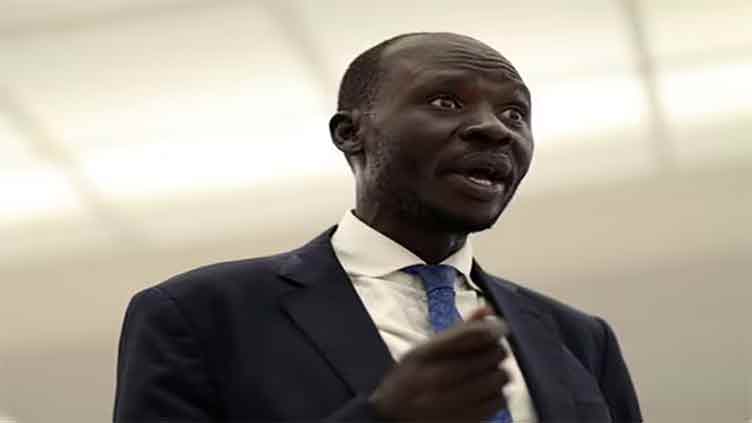US charges prominent South Sudan economist with gun running scheme

World
US charges prominent South Sudan economist with gun running scheme
JOHANNESBURG (Reuters) - US prosecutors have charged a prominent South Sudanese economist and Harvard fellow with conspiring to export Stinger missile systems, grenade launchers and automatic rifles to armed groups in South Sudan, the Justice Department said.
In a complaint unsealed this week and dated Feb 29, the prosecutors alleged that Peter Ajak, a former economist with the World Bank, and an associate, Abraham Chol Keech, intended to send the weapons to "opposition groups seeking to effect a non-democratic regime change in South Sudan".
Ajak, 40, has been a fierce critic of South Sudanese President Salva Kiir's government. He was jailed in 2018 and charged with treason.
Those charges were dropped, but he was convicted of disturbing the peace over interviews he gave to foreign media. Kiir later pardoned him.
The Justice Department alleged in the complaint that the defendants violated US law making it illegal to export weapons to South Sudan, which is subject to a UN arms embargo.
The country has endured years of civil war and fighting between armed groups since winning independence from Sudan in 2011.
It was not immediately clear if Ajak and Keech were represented by counsel. Ajak did not immediately respond to an emailed request for comment. Keech did not immediately respond to requests for comment sent to his social media accounts.
Between February 2023 and February 2024, Ajak and Keech tried to buy weapons from undercover law enforcement agents and smuggle them to South Sudan through a third country, according to the complaint.
As part of the alleged scheme, they agreed to an arms contract worth nearly $4 million and requested a "fake contract" that said the funds were for things like equipment related to "human rights, humanitarian, and civil engagement inside South Sudan refugee camps", the complaint said.
Ajak fled to the United States as a child during South Sudan's independence war. He is currently a non-resident fellow at the Harvard Kennedy School's Belfer Center for Science and International Affairs.


